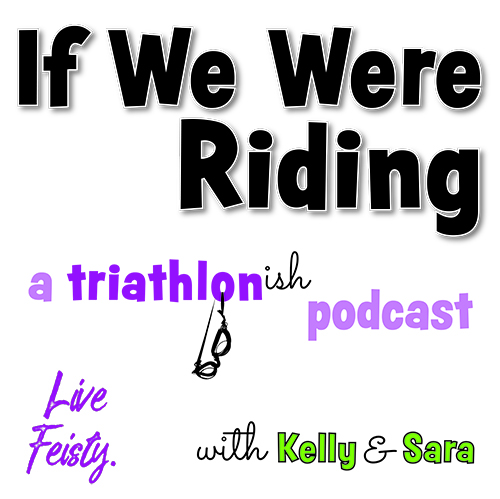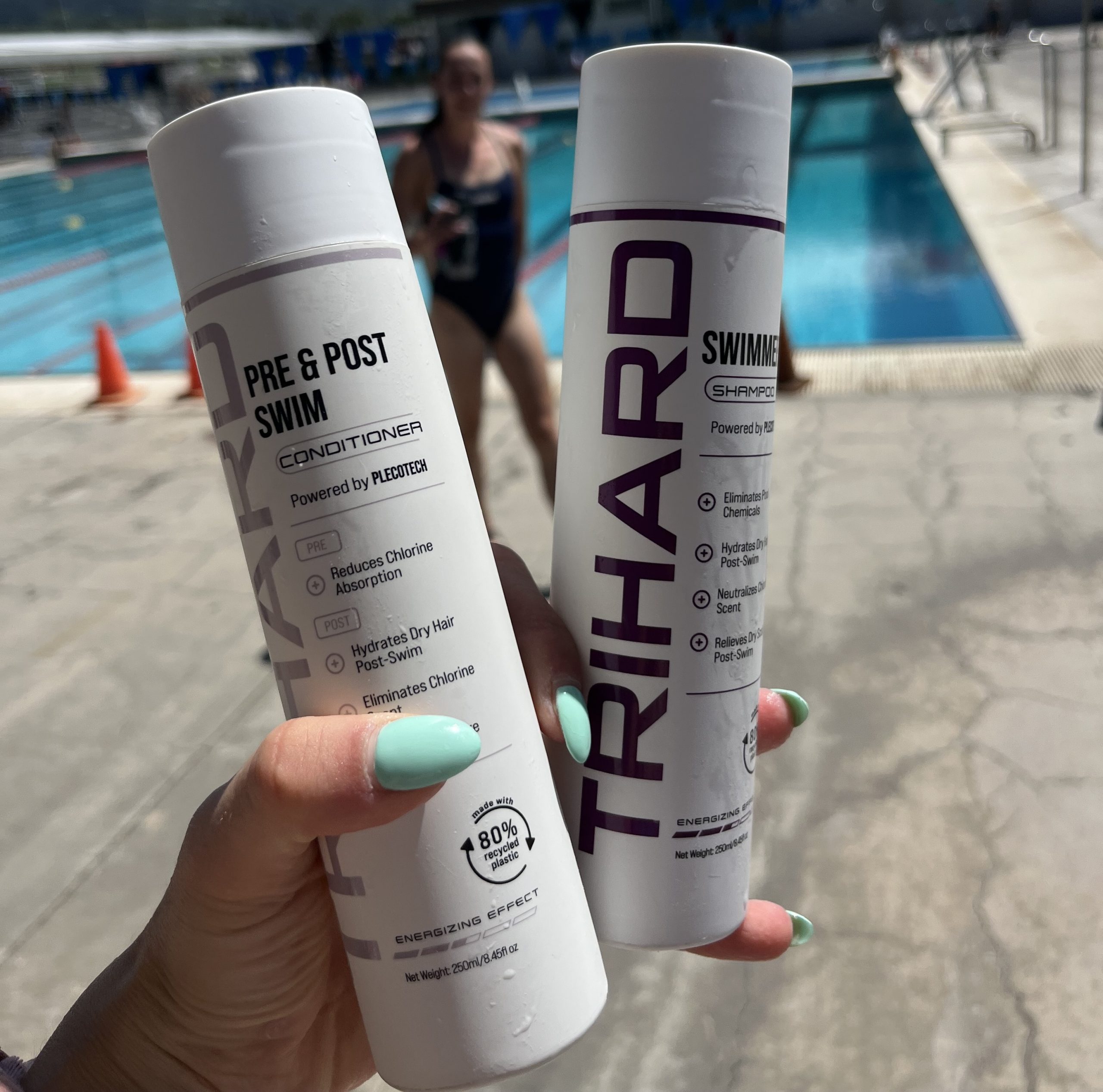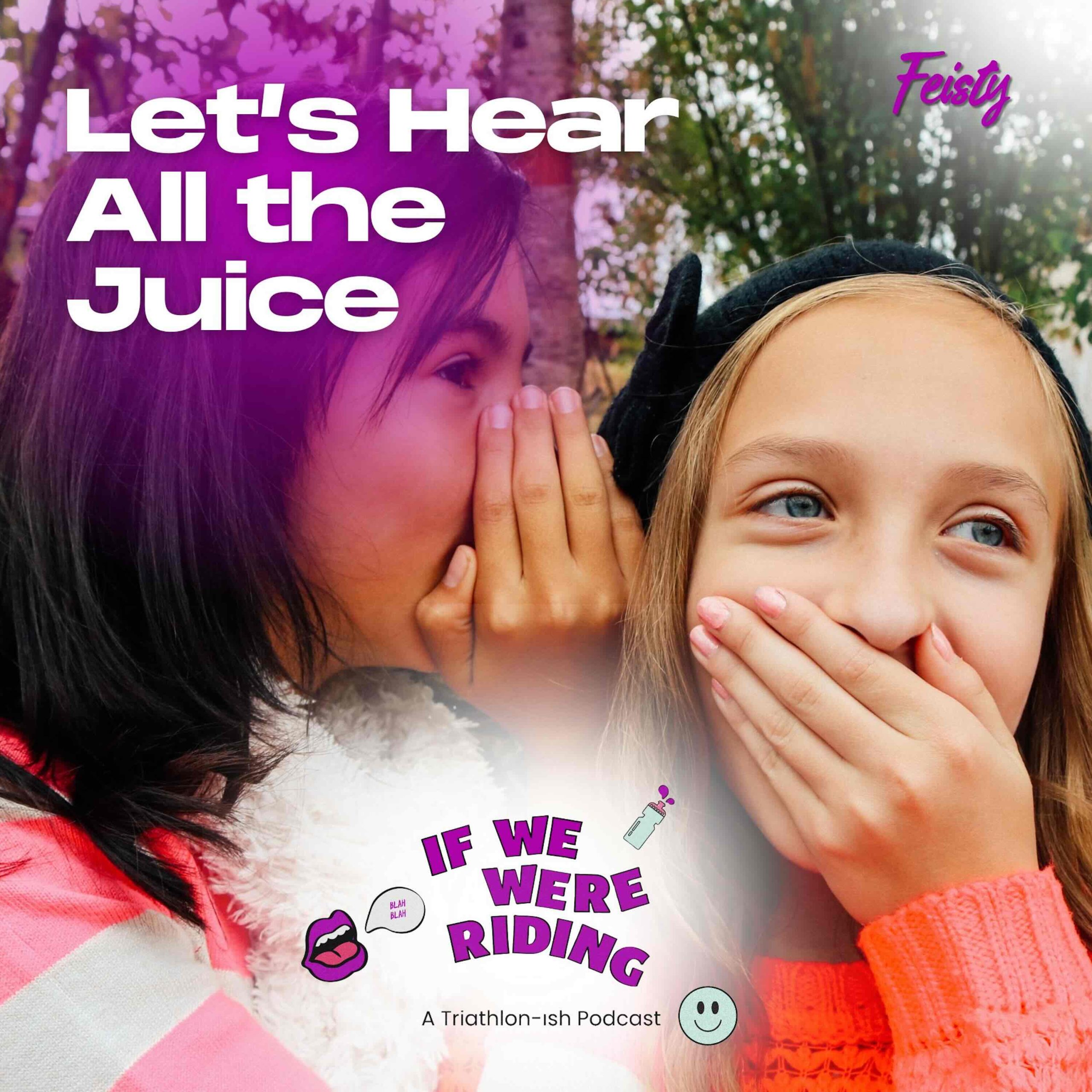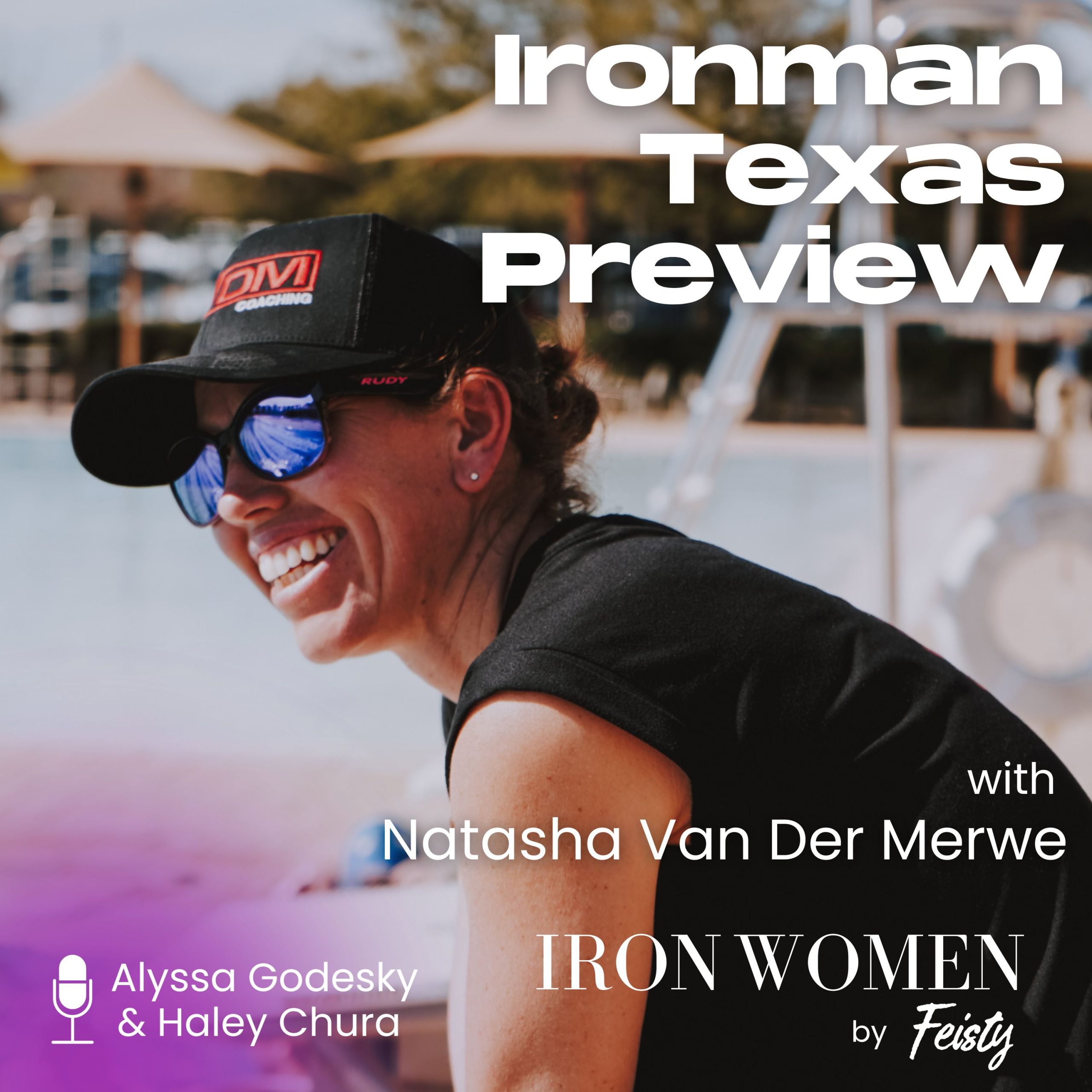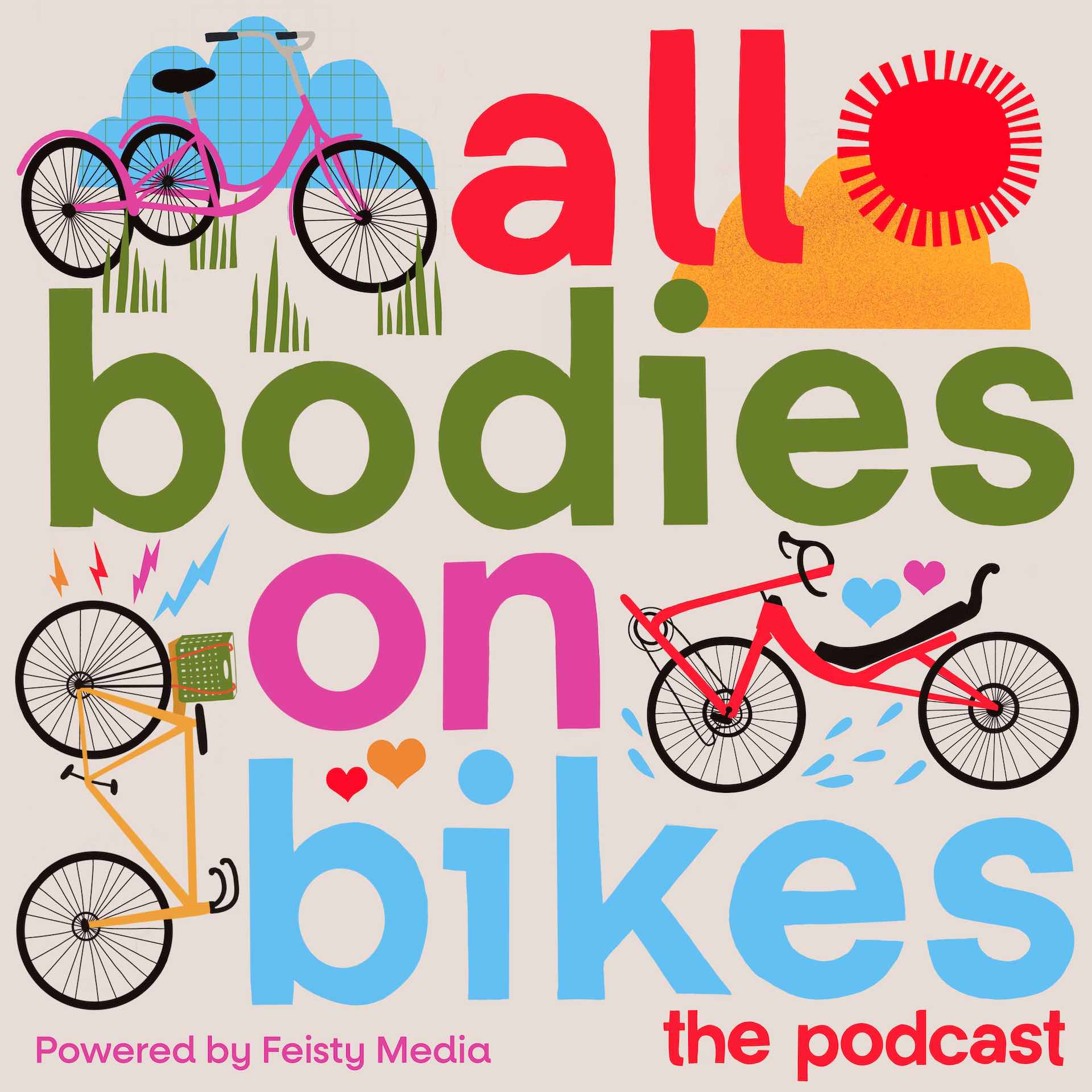February 20, 2019
Newsletter ep. 75: prize money, running stats, and no health insurance for pros

If We Were Riding’ is a weekly triathlon-ish newsletter written by Kelly O’Mara and produced by Live Feisty Media. Subscribe to get it in your inbox every Wednesday morning. You can also read past issues. This episode is from Feb. 20, 2019.
__________
I can’t really run right now. I jacked up my hip — official medical diagnosis. The only upside to riding more is I got a new bike that actually fits me. The downside is I haven’t really been able to ride it with all our massive flood storms. The upside is instead of running, I swam a 200y PR (and then I did it again) on Saturday. The downside is I spent most of the weekend after that either pissed off or wanting to cry. Yay triathlon!
In that vein, here’s a photo from one of the times I last ran, one of those times when you’re supposed to just enjoy the little things around you and appreciate a small sunset and a path along the river.
Who made the money?
It wasn’t until I was listening to the Ironwomen podcast on one of my endless drives recently that I realized I had missed the 2018 prize money round-up.
While we’ve talked prize money before, Thorsten did a deep (deep) dive into the 2018 prize money: who won the most, where they won it, how many races handed out $$. And if you really want to get into the weeds, you can.
The big takeaways I took away from Thorsten’s analysis:
1. There is less prize money. Ironman particularly has dropped $500,000 in prize money over the last two years, while not decreasing the number of events. Although Challenge has up’d what it’s handing out (especially in its bonus pool), there are also fewer non-Challenge, non-Ironman races with money, in my estimation.
2. There’s a big gap between the very top of the list and everyone else. #1 was Daniela with $201,000. #10 was Anne Haug with $92,500. That’s a huge drop-off just within the top ten, when by Thorsten’s own count there were 764 athletes in total. Also. Do you know who you don’t see in the top 10 or 20? Plenty of names you’d recognize: Sarah True, Mirinda Carfrae, Tim O’Donnell, Javi Gomez. The money you think is there, it isn’t there.
3. Here are some general trends that seem to be true across years: The top money comes from winning Kona; the next biggest earners tend to be ITU. And it tends to be pretty equal gender-wise, with a lot of the biggest biggest earners being women, but that falling off a bit as you go down the list.
I didn’t need Thorsten’s list, though, to tell me what I already knew or suspected. It’s getting tough out there, even for people who you think it’s not tough for. I’ve had this conversation a few times recently. Maybe it’s because being a struggling pro has always been a caricature, it’s never been easy, maybe that’s why most fans don’t seem to realize it’s gotten harder, the money’s really disappeared — especially on the sponsor side. (Not, like, for me. I mean for The Big Names, the celebrities of the sport.) So, anyway, throw them a bone, support the companies supporting the sport, be fans. And don’t be surprised when a lot of The Big Names move on in the next year or two.
No health insurance for you
Not to be a *super big downer,* but. In case you didn’t know, most pro athletes don’t have health insurance provided for them either. I didn’t know that people didn’t know this, but after a runner collapsed at the Millrose Games and was hospitalized, the question of his huge medical bills became very public. Reebok said they would contribute $50,000 to his costs, which left a lot of people wondering why he didn’t have health insurance with Reebok in the first place.
Because that’s not how being a contract employee works. At least it’s not how it works in America’s super-not-broken system. Obviously, we largely have an employer-based health insurance system and if you don’t have an employer, then it can be a little tough to buy insurance. (Which, side note: Health insurance is not health care, but whatever.) And pro athletes — those not on teams — aren’t employees; they’re contract. Yes, pro athletes can buy plans on the insurance marketplace, more so now. They can also often buy very basic plans through governing bodies (like USA Triathlon). Sometimes sponsors will offer health insurance as a perk. And, yes, sometimes the insurance for an event will cover an injury that happens at the event — like if you get hit by a car. But there’s a reason I’ve contributed to so many GoFundMe’s to pay for friends and family’s medical expenses. It’s because in an increasingly contract-based employment market (ie. the gig economy), an employer-backed healthcare system no longer makes sense. And pro athletes are just more susceptible to this because their job places them in high-injury risk situations. </rant>
A few numbers
Another report I dug into a little earlier this week: The annual running race trends state of the sport.
This one is from RunSignUp, so it’s obviously biased towards the data they have available — ie. races that use RunSignUp for registration. But still, their numbers seem to mesh with other numbers: Race registrations have flattened out or gone up slightly for events year-over-year. Which is good, because they were going down. Longer distances are still struggling to attract, especially repeat customers. Turnover is high and so are registration prices.
All this means: If you want to stand out, then you have to stand out. There needs to be a value to your event. I know triathlon always looks to running as what we hope to be, but maybe we could learn from running’s mistakes too instead of just following along behind them a few years down the road.
_______
- USA Triathlon announced a number of its regional championships, if you’re looking for races.
- The Russians dominated at the Winter Triathlon World Championships, which sorta just makes sense.
- If you’re into running — watching, not doing — the USA Indoor Nationalsis this weekend. Which can be…eh? But the starting list actually looks decent and it’ll be on NBC Sports Saturday and Sunday evening.
- In races that definitely will not be eh: Super League returns this weekend in Singapore. Not sure what the watching situation is now, but I usually just watch it on the Youtubes with the streaming.
- Kilian Jornet skied a 24-hour vertical record (78,274 feet), which is a weird thing to do, but he’s a weird guy.
- The international body that governs track (IAAF) will be in court this week defending its ‘if your body naturally produces higher amounts of testosterone, then you have to take a shot to lower it’ rule. If you’re new to this whole debate about who gets to decide who’s a woman, well, sorry.
- I read Kate Grace’s essay on race weight last week before we talked about the concept on the podcast. But if you haven’t read it, do.
- Mountain biking has never helped me get over anything, but it helped one woman recover from her fiance’s death and it turned into another’s path of resistance.
- Kaepernick won.
- It’s not the confidence gap holding women back. (see also: Talent is distributed equally, opportunity is not.)
- Why do Scandinavians have the highest VO2 maxes?
- You can use this map to find out what town your town will be most similar too climate-wise in 60 years — you know, after climate change wrecks havoc.
- “One’s vagina should be steamed in the upright position.” And others things the wellness industry is trying to tell you didn’t know you needed to know.
____________
Comments & thoughts
Some thoughts, emails, messages and notes from listeners and readers this week. Plus, for the people who texted me for the 30% of code on Nuun: it’s “ironwomen.”
We really hit a nerve on the topic of body image, with quite a few thoughts from listeners. Staci says, “We haven’t even scratched the surface. When I told my *friends I wanted to do tri, their first reaction: do you have the body type for that? Ummmm…what?” Um, what?? is the correct answer. There is no right body type.
And we also got *more* voicemails than ever on the topic of make-up, so listen in for a few on Friday’s podcast.
Plus. “Thanks for continuing to do great work on your newsletter and podcast!” – Kristin


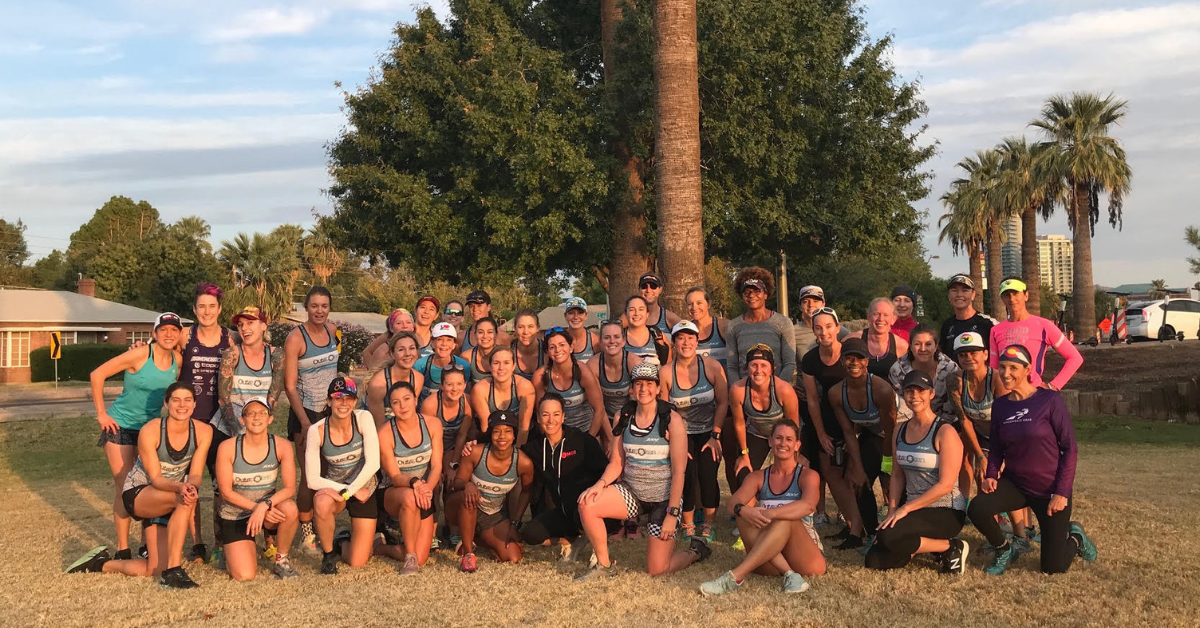 Outspoken Women in Triathlon Summit Returns Bigger than Ever
Outspoken Women in Triathlon Summit Returns Bigger than Ever  Driving the Lamborghini: Productivity and the Power of Paper
Driving the Lamborghini: Productivity and the Power of Paper 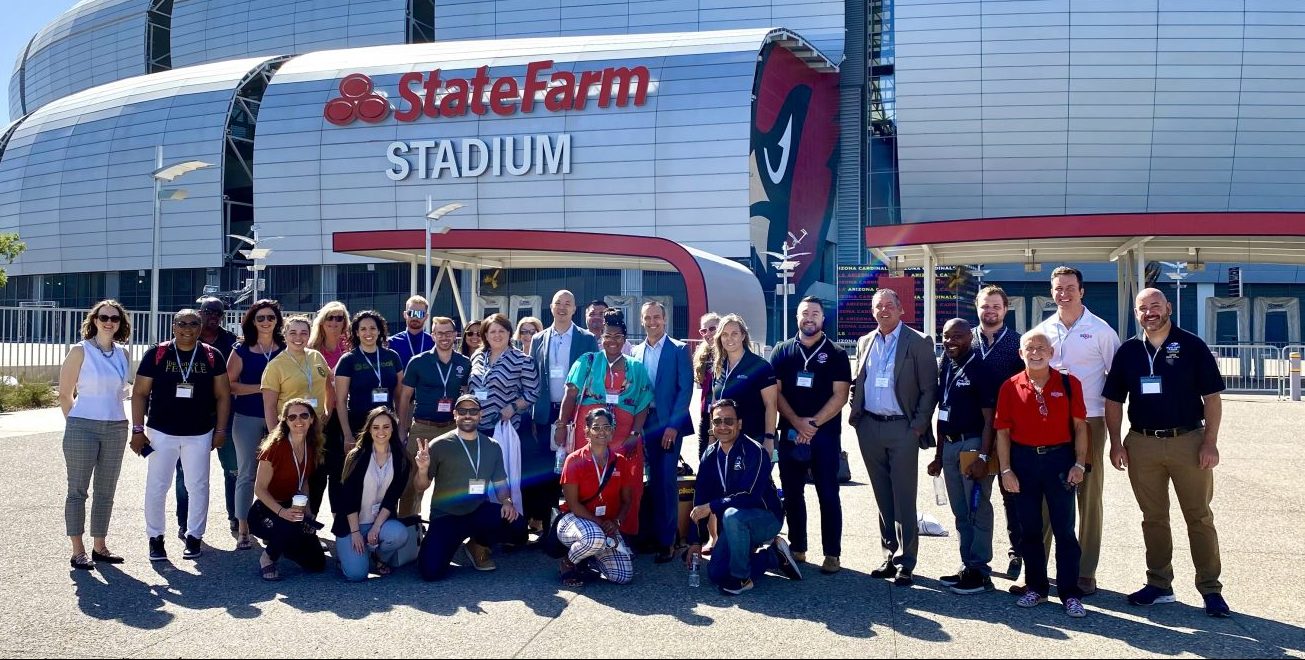 5 take aways from the Compete Sports Diversity Summit
5 take aways from the Compete Sports Diversity Summit 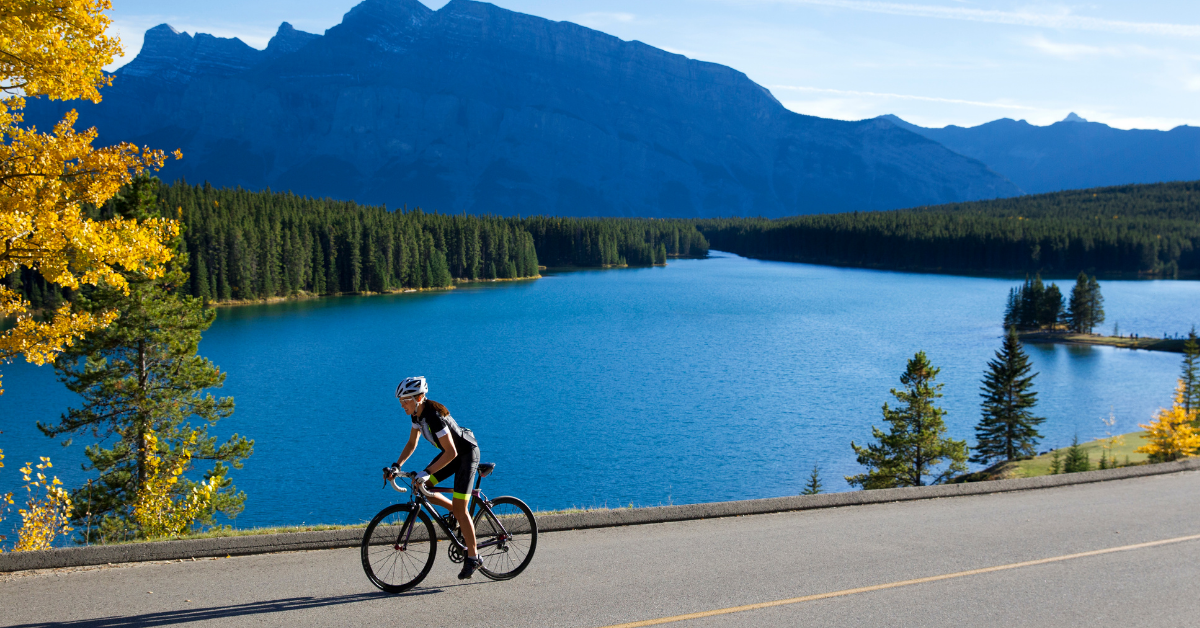 Simple Tips to Hone Your Bike Handling Skills
Simple Tips to Hone Your Bike Handling Skills 